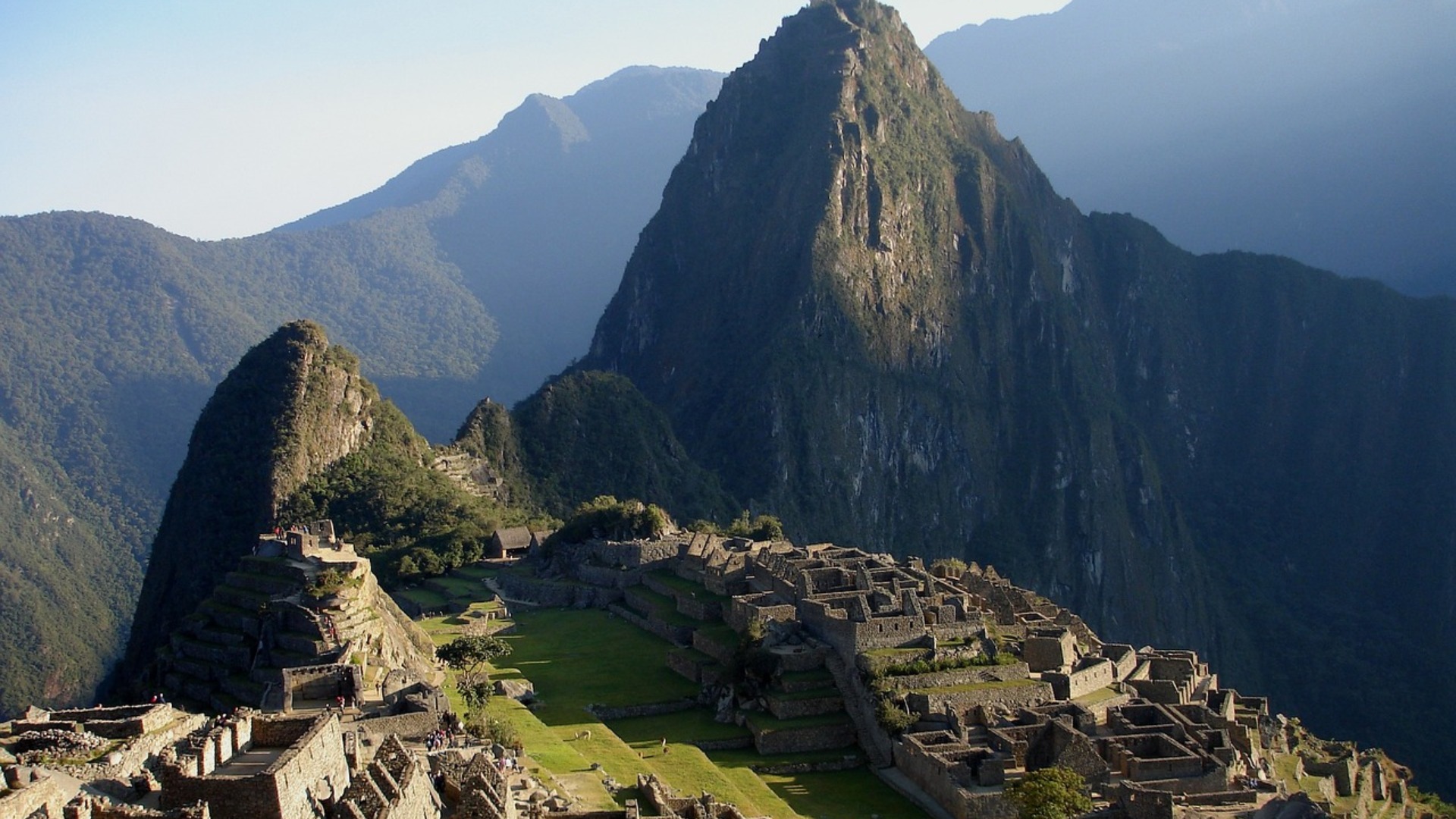
Peru Announces Changes to Machu Picchu Ticketing System

Peru reverses Machu Picchu ticket privatization after protests, opting for government-managed online sales amid concerns over losses and irregularities.
The Peruvian government has halted its plan to privatize the ticketing process for Machu Picchu, responding to protests that disrupted access to the iconic site. In a meeting with key regional leaders, Peru's Minister of Culture Leslie Urteaga reversed the decision to delegate Machu Picchu's ticket sales to a private entity, opting instead for an online platform directly managed by the national government.
This shift comes amid concerns over "alleged irregularities and a loss of $1.8 million for tickets not reported by state offices." The initial privatization attempt involved Joinnus, a ticketing firm owned by affluent businessmen, which had begun handling ticket sales in mid-January.
The decision to privatize had sparked a week-long protest, effectively emptying Peru’s most renowned tourist destination and leading to the temporary suspension of rail services to Machu Picchu, causing significant financial losses to local hospitality businesses. The government's withdrawal of the privatization deal allowed for the restoration of rail services, although the recovery of tourist numbers has been gradual. Tourism unions have estimated the protests to cost the industry around $4.7 million.
In light of the disruptions, several countries, including the United States, Germany, France, and Brazil, issued travel advisories, cautioning against potential shortages of water and essentials due to the protests.








